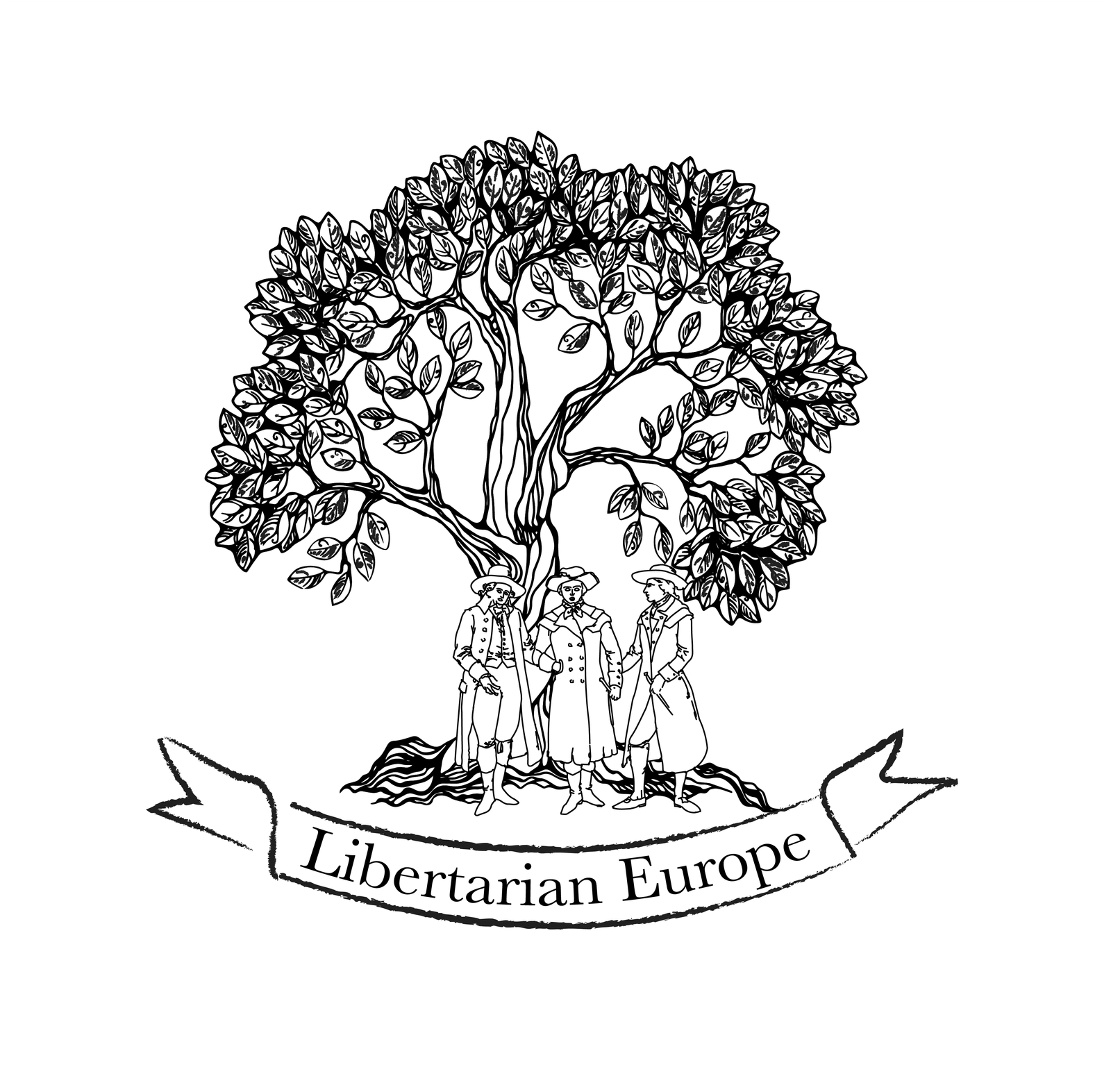
Do Libertarian Parties make sense?
In numerous countries, we are witnessing the emergence of a new trend: the formation of libertarian parties. The Libertarian idea is more popular than ever, highlighted by Argentina electing its first openly declared libertarian president, Javier Milei.
Libertarianism, a relatively new philosophy, began to take shape in the 1950s through the work of Murray Rothbard. It gained more substance in the 1960s and 1970s, continuing to develop until Rothbard’s death in 1995.
As libertarian ideas start to spread, it is natural for people in our current period to form political parties to represent these principles and advocate for policies aligned with this philosophy.
The aim of this article is not to oppose the idea of participating in democracy. In an ideal Libertarian Order, democracy would be nonsensical and even contrary to libertarian principles, since democracy typically involves creating laws that may violate individuals’ legitimate property rights and supporting the entire anti-libertarian system of positive laws.
However, given that we are currently far from achieving such a libertarian order, the purpose of this piece is to assess whether adopting democratic strategies is a pragmatic approach for libertarians. Specifically, this analysis aims to determine whether libertarian parties and campaigns are worthwhile or merely a futile expenditure of time and energy.
Putting the cart before the horse
If you have been following the libertarian parties and even independent libertarian politicians around the globe, you may have seen them getting involved in their electoral activities: sticking political posters on walls, making and distributing leaflets, stopping people on the street to talk about their ideas, and engaging in several other common activities that every other politician does.
However, the harsh reality is that most of these activities are—in the present moment in most countries—a waste of time, effort and money. Unless libertarian ideas gain popularity, there is little point in forming a libertarian party or running as an independent libertarian politician, as these candidates will not attract votes due to their ideas not resonating with the majority of people.
You can only reap what you sow, therefore, before launching a political campaign, it is necessary to pave the way for the ideas of liberty to be accepted by a significant part of the population.
Most people are still unaware of what Libertarianism entails or what this philosophy advocates, summed to that, they have lived their entire lives being bombarded by statist propaganda. Consequently, entering politics without prior groundwork is akin to trying to reap the fruits of seeds that have never been sown.
Hence, the initial task involves disseminating ideas of liberty, ensuring they are accessible and understandable to ordinary people. This can be achieved through think tanks, social media videos, podcasts, and striving for visibility in mainstream media. The internet offers numerous avenues for spreading these ideas, something unimaginable decades ago.
If we observe the success case of Javier Milei, we can see that he had a big media presence for years, being a frequent guest on several talk shows, where he discussed his libertarian views and criticised existing economic policies. His media presence helped him build a group of followers even before he entered formal politics.
With Milei’s space on the media, he was able to present libertarian solutions to everyday problems that Argentinians were facing. He would point out the problems in many policies that were harming his country and he would offer solutions that were tailored to the public of Argentina, making libertarianism appeal to the general population.
Although libertarian parties and candidates may briefly restrain the state’s natural inclination towards statism, sustained effectiveness hinges upon dedicated and well-informed libertarians establishing a robust following.
‘Not a real libertarian’
Developing a substantial libertarian constituency, or at least gaining support for libertarian leaning individuals within a particular area, is essential for achieving success in democratic processes.
However, many ‘libertarians’ that are engaging in the democratic process as politicians or forming parties may disregard the knowledge and intelligence of their potential voters, which is easily observed in the United States and their controversial Libertarian Party.
Libertarianism is often cursed by its own advocates. And many possible voters for the Libertarian Party feel that the party’s leadership or prominent members may not consistently represent libertarian ideals or may prioritise gaining mainstream attention over ideological purity.
Libertarian Parties and independent libertarian candidates should avoid underestimating the intelligence and knowledge of their potential voters that are already much more likely not to take part in the democratic process.
Candidates with questionable qualifications and a history of bad political takes, such as the left-leaning Libertarian Party candidate Chase Oliver, who was nominated for presidential elections in the US in 2024 and who had made several controversial posts on social media throughout the years, damage the party’s reputation even further amongst other libertarians.
It is ironic that many libertarians, who are expected to understand the principles of supply and demand, have been failing to comprehend the demands of their potential voters. These potential libertarian voters are often more vigilant about politics compared to supporters of other parties with different ideologies and they will scrutinise the party, the candidates, checking for inconsistencies in what they defend, what they said in the past and the policies they are supporting and opposing.
A hopeless cause?
Libertarian parties and politicians could serve as a useful temporary measure to mitigate the damage caused by the State, provided they are committed to curbing its growth and staying true to libertarian principles (Mises Caucus in the US and Ron Paul are great examples of that).
Nevertheless, those pursuing this strategy to maximize freedom must work diligently to spread libertarian ideas, as it is evident that libertarianism remains largely unknown in most countries, especially in Europe.
While democracy is not the ultimate solution, small victories in the battle against statism can be achieved through this approach, and these wins should be celebrated.

